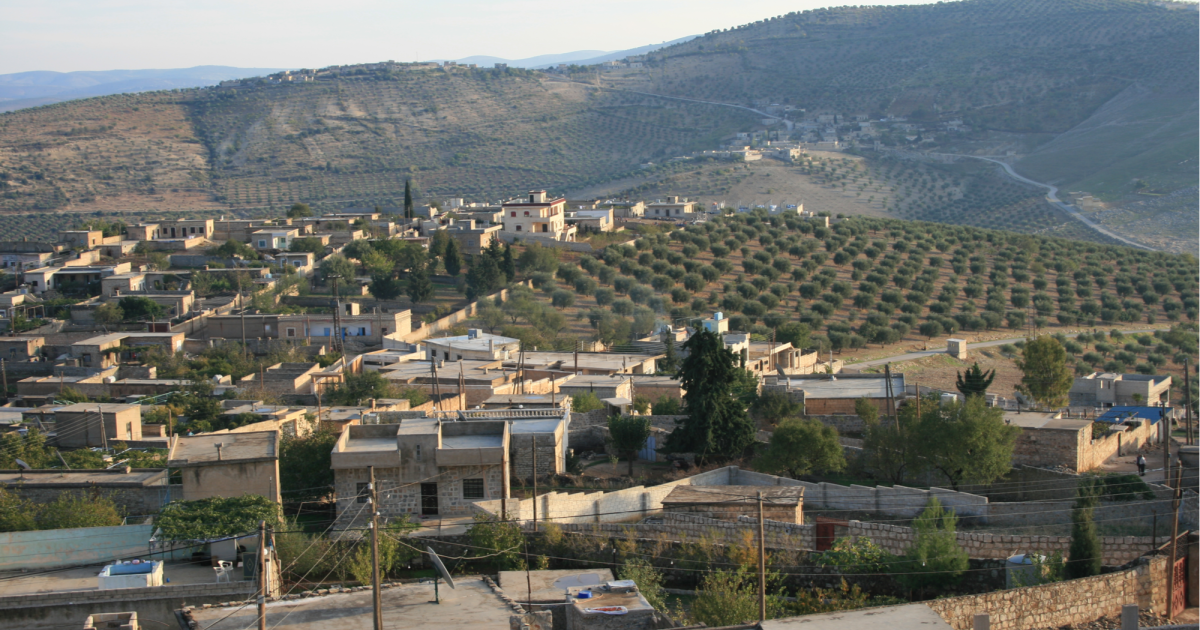Iraq-Kurdistan: About 300,000 internally displaced Yezidis have been in the Kurdistan region (KRG) of Northern Iraq for more than 7 years. Their future is now uncertain. The Iraqi government seems, as of yet, to have no plans for resolving the issue.
At the heart of the Covid-19 pandemic in 2020-2021, hundreds of thousands of Yezidis returned to their homeland in Sinjar, hoping to resettle there from the internally displaced persons (IDPs) camps, where the situation had worsened and poverty increased during the lockdown.
Months after returning to Sinjar, Yezidi families have now begun returning to the IDP camps. The situation in Sinjar itself grows worse every day, as both the Iraqi and KRG governments are neglecting these people.
Pir Dayan, director of the Department of Immigration in Dohuk, clarified on April 6th that “in the last 6 months, 480 families have returned back to the IDP camps in KRG from Sinjar.” And he added, “The UN has assigned a committee to come every week on Wednesday to register the names of those who want to return back to IDP camps. The majority of these families reported to the committee that they cannot live in Sinjar due to the security instability and bad economic situation that they face in Sinjar.”
Whether Yezidis stay in the IDP camps or return to Sinjar, there is no stability for them. The poverty, political challenges, and lack of security in both make life untenable. Despite these difficulties, however, the Iraqi government remains silent, neglecting Sinjar and resident Yezidis.
More than 100,000 Yezidis have migrated to Europe, America, Canada, and Australia, seeking peace and stability. Now, 90% of Yezidi youth who still live in Iraq are willing to migrate as soon as they have the chance.
The Sinjar Agreement of 2020 that was signed between the Iraqi government and the Kurdish Regional Government was supposed to solve Yezidis' problems through monetary compensation, rebuilding, and resolution of their security and safety issues. But it now seems that it was only ink on paper, as with so many other agreements in Iraq. The Iraqi government makes many promises without implementation. After almost two years of drafting the agreement, not a single article has been implemented.
It is worth mentioning that the Sinjar Agreement was made without the involvement and consultation of the Yezidis. The Iraqi and Kurdish governments made an agreement that served only their political interests.
Implementation of the Sinjar agreement will reduce many of the Yezidi challenges, even if the Yezidi do not completely agree on all articles of the agreement. Implementation of the agreement will resolve the chaos of the different armed groups in Sinjar, and rebuild the infrastructure. It will also provide some autonomy to Sinjar, as the agreement provides for the hiring of 2500 Sinjar youth to secure the area, giving Sinjar its own de facto security force.





